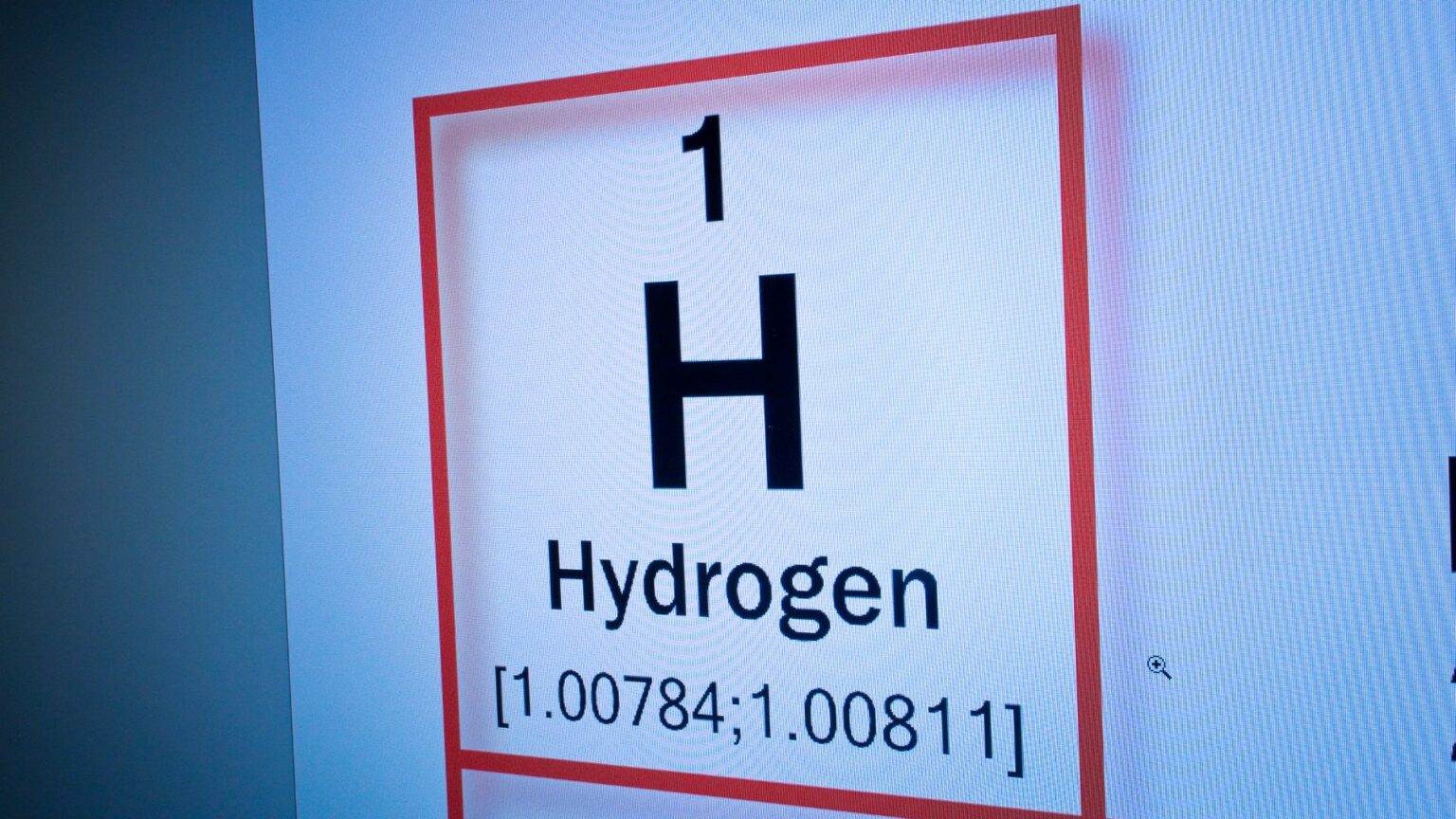In a study led by RMIT University in collaboration with the University of New South Wales and the Australian Synchrotron, scientists demonstrated that the metals commonly found in industrial wastewater—long considered a liability—can be repurposed to accelerate hydrogen electrolysis.
The innovation directly confronts a core inefficiency in green hydrogen production. Traditional electrolysis requires large volumes of purified water, an increasingly scarce and energy-intensive resource. Wastewater, while abundant, is typically avoided due to high levels of contaminants such as nickel, chromium, and platinum. However, these same elements, the researchers argue, can be leveraged as electrocatalysts—eliminating the need for external metal catalysts and complex purification steps.
At the center of the team’s method is a porous carbon electrode made from agricultural waste. This carbon matrix adsorbs metals from wastewater and forms stable catalytic surfaces capable of driving electrochemical reactions with high efficiency. Notably, the materials and process feed into the circular economy: the carbon substrate is upcycled from farm waste, and the metals are captured from effluent that would otherwise pose disposal challenges.
Initial tests indicate that the new electrodes not only tolerate wastewater’s impurity levels but thrive in them—achieving electrolysis performance on par with systems relying on purified water and commercially sourced catalysts. According to Mahmood, the embedded metals interact with wastewater constituents in situ, boosting the kinetics of water splitting without being consumed themselves.
A secondary benefit emerged during trials: the process produces oxygen as a byproduct, which can be redirected into the wastewater stream to assist with organic decomposition. This creates a feedback loop that enhances wastewater treatment itself, effectively aligning energy generation with environmental remediation.
“Instead of incurring high energy costs to remove contaminants before electrolysis, we’re using those contaminants to our advantage,” said Professor Nicky Eshtiaghi of RMIT’s School of Engineering. “The approach reduces the cost of both hydrogen production and wastewater treatment.”
While promising, the technique is not yet commercial-ready. The researchers emphasized the need for further investigation into catalyst stability, electrode lifespan, and process scalability. Key questions include how different wastewater profiles—such as municipal sewage versus industrial discharge—affect metal uptake and catalytic behavior.
The team is actively seeking industry partners, particularly water authorities and energy firms, to explore real-world deployments. If successful, the innovation could relieve pressure on freshwater supplies, improve wastewater processing, and offer a viable path to low-cost green hydrogen in regions with poor water quality.
Stay updated on the latest in energy! Follow us on LinkedIn, Facebook, and X for real-time news and insights. Don’t miss out on exclusive interviews and webinars—subscribe to our YouTube channel today! Join our community and be part of the conversation shaping the future of energy.





